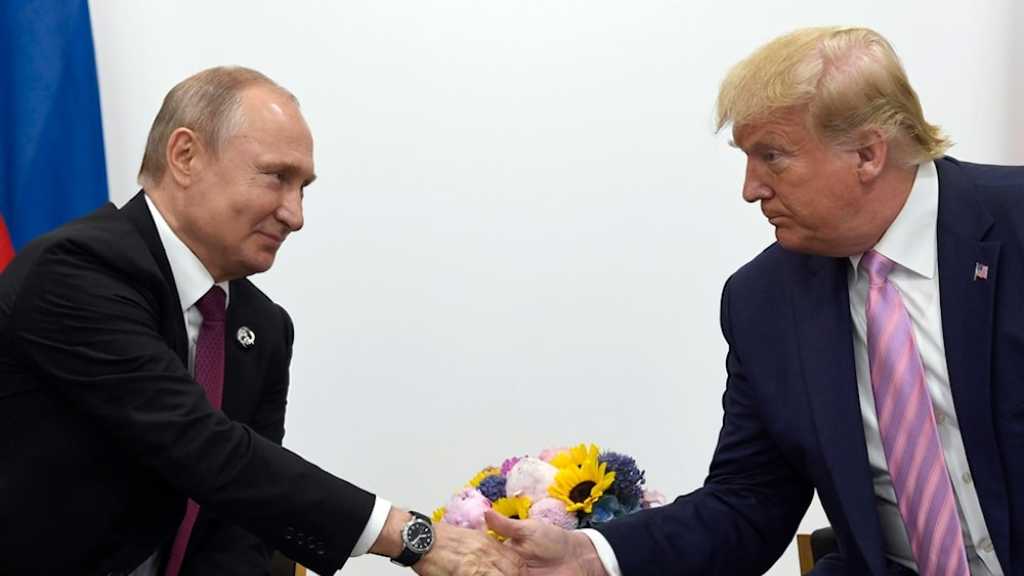10 Downing Street London: A Place to Be or Not to Be

Siraj Kobeissy
10 Downing Street, a house located in London, which is successively over the years the "home" of all British Prime Ministers, who tried over and over to maintain their country's security, facing failure and success.
In 1997, Tony Blair was qualified to office as the Prime Minister of the United Kingdom. He was Leader of the Labour Party or New Labour Party, until 2007, when he resigned from all his positions. One of Blair's most major policies during his reign, was his strong support of the United States' foreign policy, which was entitled "War on Terror" starting 2001.
Afghanistan took its share of invasion in the year 2001, and Iraq's invasion took place in 2003, all with the participation of UK, under Blair's leadership. Tony Blair's war policy faced criticism and accusations of misleading parliament, even by his own party members back then, dropping his popularity dramatically, leading the Labour Party to build pressure on him to resign.
Blair's resignation was in 2007, where he was succeeded by Gordon Brown, who also became leader of the governing Labour Party. During his reign, Brown was committed to the Iraq War, yet he tried to learn of the war's mistakes, although he was surely to be on Tony Blair's political policies' path.
Regarding UK's relations with the US during his reign, Brown stressed in a speech in July 2007, saying, "We will not allow people to separate us from the United States of America in dealing with the common challenges that we face around the world. I think people have got to remember that the relationship between Britain and America and between a British prime minister and an American president is built on the things that we share, the same enduring values about the importance of liberty, opportunity, the dignity of the individual. I will continue to work, as Tony Blair did, very closely with the American administration". Yet during the 2010 elections, Brown failed to form a government, especially when his popularity dropped down after his party lost in general elections.
May 10 2010 was the day where Brown played his last card, and another UK Prime Minister resignation was presented to Queen Elizabeth II.
May 11, 2010, David Cameron was appointed as Prime Minister of the United Kingdom. Unfortunate to Brown's hope of keeping the power within his Labour Party, Cameron is the leader of the Conservative Party. The current British PM showed intention in establishing the first coalition government since World War II with the Liberal Democrats, which could have good expectations regarding local effects, but "unknown" ones when it comes to regional and global effects.
For a couple of days, before Brown's resignation, negotiations took place in order to try and form the coalition government. After negotiations, Cameron was appointed, and as his deputy Prime Minister, he appointed Nick Clegg, Liberal Democrats leader. On their first joint press conference held in the Downing Street garden, PM Cameron and his deputy Nick Clegg published a document which details the key policy agreement of their coalition government. Politically speaking, no policies regarding the government's foreign affairs have been clarified, nor is its position regarding the so called US war on terrorism. After their press conference, Clegg pointed out that "This is a government that will last".
Back since history, British coalitions have worked best, especially in times of crisis and with alarming finances cuts regarding local policies. PM Cameron and his deputy Nick Clegg vow to stick together for upcoming years as much as they can for the benefit of their country hoping that they take into consideration regional and global effects of their policies.
As a new PM comes to office, we wonder about Cameron's new policies which would be relative to the US. The US's regular over-taking policies are clearly affective, especially when it comes to its war policies and Middle Eastern affairs, which it usually works out with its most loyal ally, the United Kingdom.
Comments

Kremlin: No Preparations Yet for Trump-Putin Meeting
3 months ago


